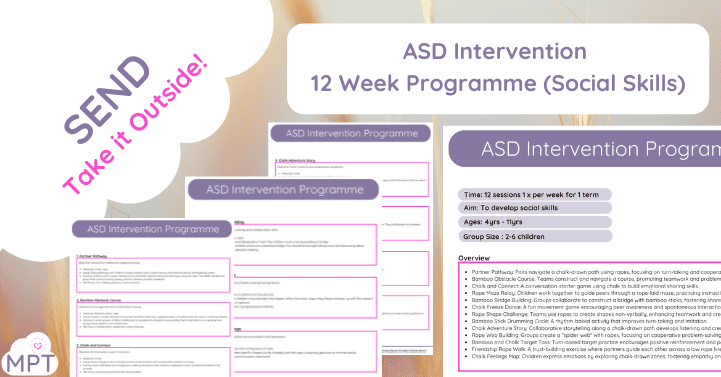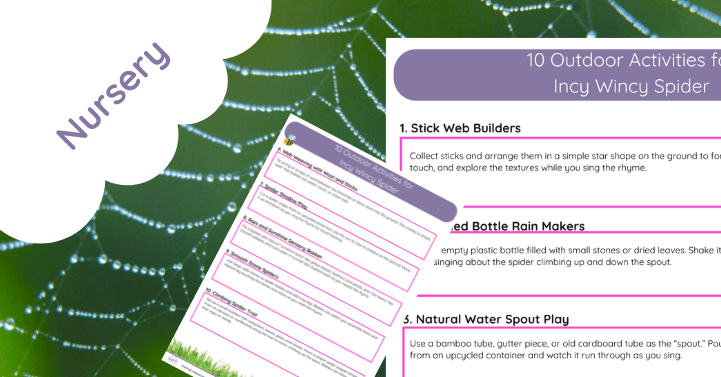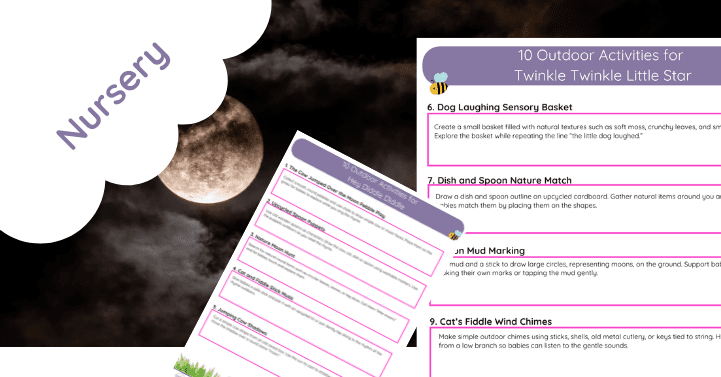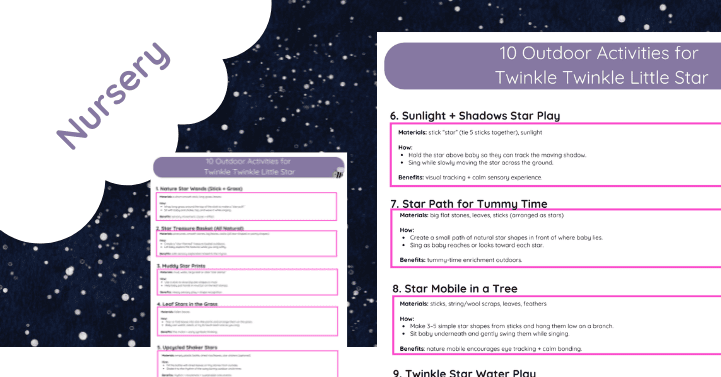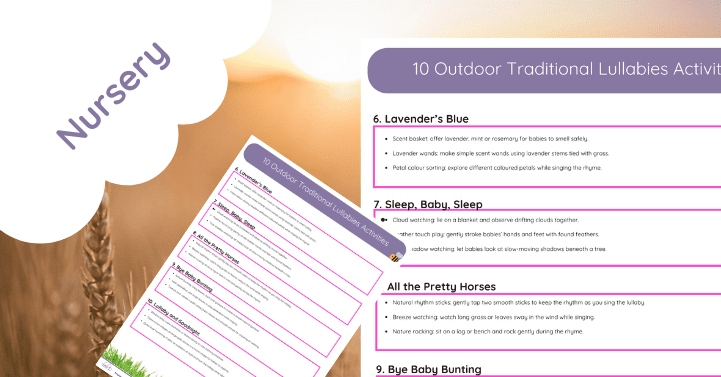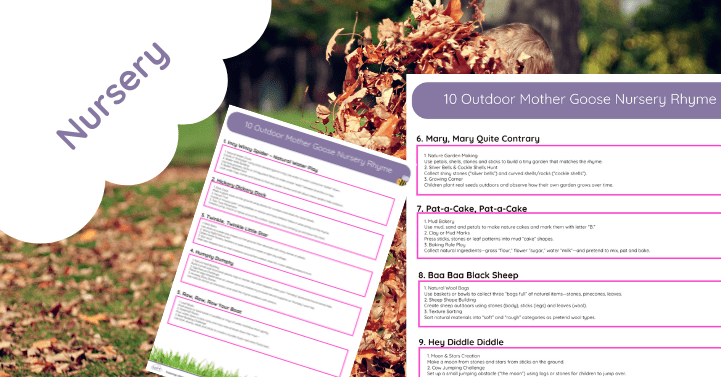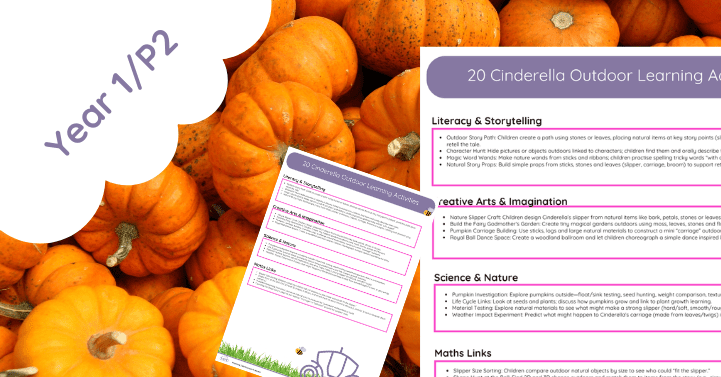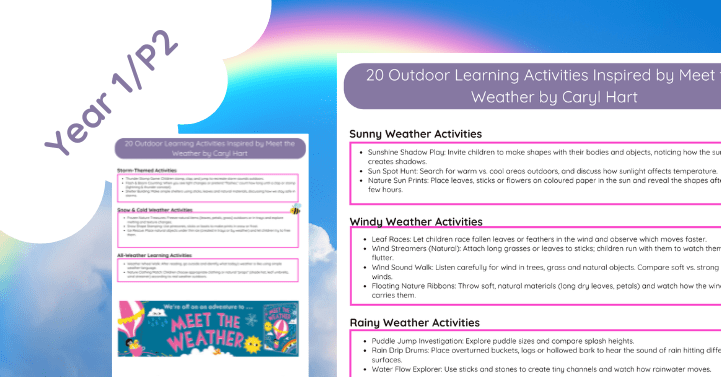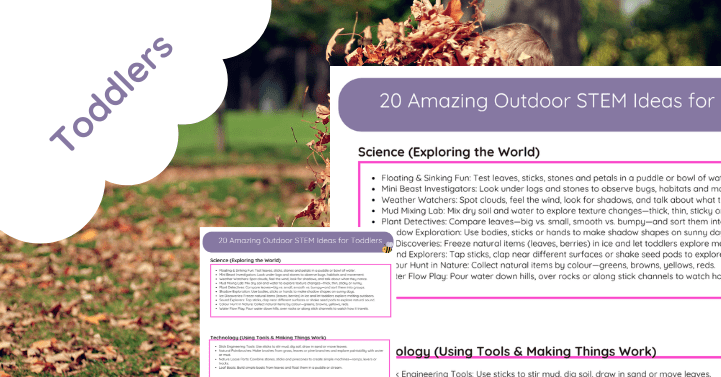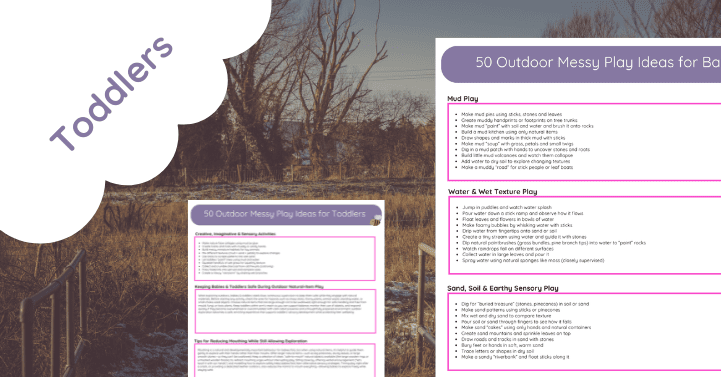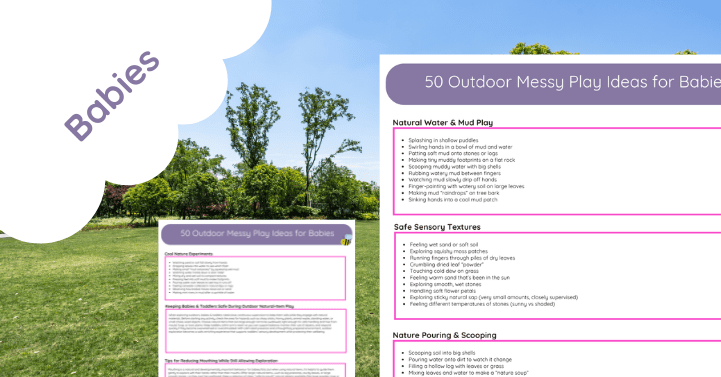ASD Intervention Programme : Outdoor Lessons Using the Muddy Puddle Teacher Approach for Autistic Children
The Muddy Puddle Teacher approach emphasises outdoor, sensory-rich, and child-led learning. This series of 13 lessons leverages natural materials—rope, chalk, and bamboo sticks—to help autistic children develop key social skills. Activities focus on communication, collaboration, emotional expression, and problem-solving, providing a safe and engaging environment for children to interact with their peers.
Benefits of Outdoor Lessons for Social Skill Development
- Enhanced Communication: Outdoor activities encourage verbal and non-verbal communication through team-based challenges.
- Sensory Regulation: Natural environments help autistic children feel calm and grounded, making it easier to engage socially.
- Improved Collaboration: Structured, hands-on tasks promote teamwork, turn-taking, and shared problem-solving.
- Increased Confidence: Completing achievable outdoor challenges builds self-esteem and fosters positive peer interactions.
- Motor Skill Development: Activities with rope, chalk, and bamboo sticks enhance fine and gross motor skills while children engage socially.
Summary of the 13 Lessons
- Partner Pathway: Pairs navigate a chalk-drawn path using ropes, focusing on turn-taking and cooperation.
- Bamboo Obstacle Course: Teams construct and navigate a course, promoting teamwork and problem-solving.
- Chalk and Connect: A conversation-starter game using chalk to build emotional sharing skills.
- Rope Maze Relay: Children work together to guide peers through a rope-laid maze, practicing instructions and listening.
- Bamboo Bridge Building: Groups collaborate to construct a bridge with bamboo sticks, fostering shared decision-making.
- Chalk Freeze Dance: A fun movement game encouraging peer awareness and spontaneous interaction.
- Rope Shape Challenge: Teams use ropes to create shapes non-verbally, enhancing teamwork and creative thinking.
- Bamboo Stick Drumming Circle: A rhythm-based activity that improves turn-taking and imitation.
- Chalk Adventure Story: Collaborative storytelling along a chalk-drawn path develops listening and creativity.
- Rope Web Building: Groups create a “spider web” with ropes, focusing on cooperative problem-solving.
- Bamboo and Chalk Target Toss: Turn-based target practice encourages positive reinforcement and patience.
- Friendship Rope Walk: A trust-building exercise where partners guide each other across a low rope line.
- Chalk Feelings Map: Children express emotions by exploring chalk-drawn zones, fostering empathy and emotional sharing.
Safety Advice
To ensure the safety and comfort of all children during these outdoor lessons, consider the following:
- Supervision: Maintain a high adult-to-child ratio to provide support and ensure safe participation.
- Environment: Check for potential hazards (sharp objects, slippery areas) in the outdoor space before the lesson.
- Adapt Materials:
- Use smooth bamboo sticks to avoid splinters.
- Inspect ropes for fraying or wear.
- Accessibility: Adapt activities to meet individual sensory and mobility needs.
- Clear Boundaries: Use chalk or ropes to define safe zones and movement boundaries during activities.
- Allergy Awareness: Be aware of potential environmental allergens (plants, insects).
- Warm-Up: Begin with grounding exercises to help children acclimate to the outdoor setting.
- Personal Protective Equipment: Provide gloves for handling clay or bamboo if children are sensitive to textures.
- Hydration and Weather: Ensure children have access to water and appropriate clothing for the weather.
Outdoor intervention programs have emerged as effective avenues for supporting individuals with Autism Spectrum Disorder (ASD). Engaging with nature enhances social skills and promotes sensory integration and overall well-being. Here are some notable programs and resources that exemplify the benefits of outdoor interventions for individuals with ASD:
- Outdoor Adventure Programs: Studies have shown that challenge-based outdoor activities can reduce the severity of autism symptoms and improve social communication skills in young children.
- Nature-Based Therapy: Incorporating nature into therapy provides sensory-rich experiences that enhance social engagement and emotional regulation.
- Outdoor Autism Therapy Handbook: This resource offers adaptable outdoor activities designed for children with special educational needs and is suitable for both school and home settings.
- Equine-Assisted Therapy: Interacting with horses has been found to improve communication, perception, and emotional regulation in individuals with autism.
- Forest School Programs: Outdoor learning experiences, such as those provided by Forest Schools, can improve self-esteem, communication, and social skills in autistic children.
- Outdoor Play Benefits: Engaging in outdoor play can enhance motor skills, social interactions, and sensory processing in autistic children.
- Animal-Assisted Therapy: Programs involving animals, such as therapy dogs or farm animals, can provide comfort and improve social behaviours in children with autism.
- Gardening Activities: Participating in therapeutic gardening can serve as a meaningful occupation, aiding in sensory integration and social connection.
- Wilderness Therapy: Adventure-based therapy programs offer opportunities for social interaction and personal growth in natural settings.
- Outdoor Sensory Activities: Engaging in sensory activities outdoors can improve interest, motivation, and participation in skill-building for children with ASD.
Incorporating outdoor interventions into therapeutic practices offers a holistic approach to supporting individuals with ASD, fostering development through engagement with the natural world.


